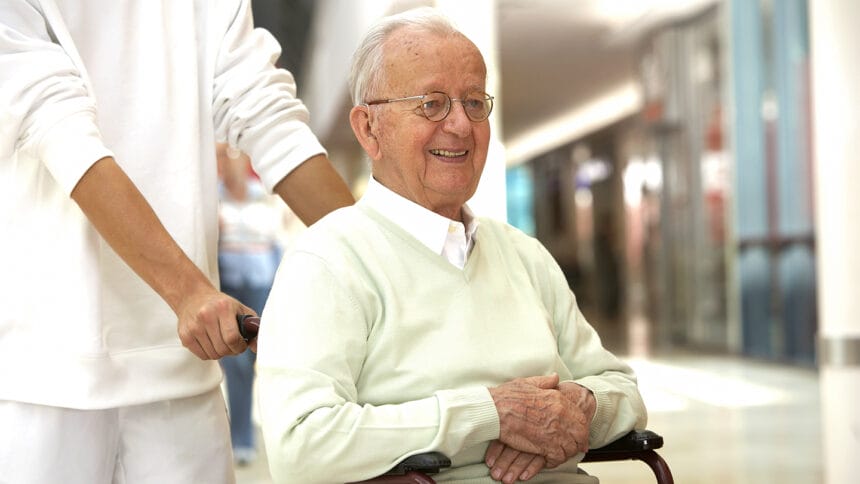
Health officials in New Hampshire are asking for public feedback on the state’s home- and community-based services (HCBS) to inform future improvements within its senior care programs.
“New Hampshire has made investments in recent years geared toward enhancing our long-term supports and services,” Lori Weaver, New Hampshire’s Department of Health and Human Services (DHHS) commissioner, said in a statement. “We look forward to working with individuals, caregivers and stakeholders to ensure we are continuing to meet the needs of the people who use long-term services and supports, so they can live independently in their communities.”
These recent investments include support from the Centers for Medicare & Medicaid Services in the form of Money Follows the Person (MFP) grants. Last year, New Hampshire was among three states newly selected for these federal investments, which are meant to facilitate assessments of and enhancements to state HCBS programs. New Hampshire has received MFP grants in the past; this time around, its focus is conducting studies of its HCBS programs to analyze care capacity, gaps, trends and supply, according to a DHHS presentation.
CMS has historically been successful in improving state HCBS programs through MFP grants. According to the agency, more than 100,000 individuals have been able to transition out of institutional care and into HCBS since 2008 with the help of MFP. Since 2006, The grant program has provided more than $4 billion to states to support HCBS.
Residents of New Hampshire were encouraged to reach out to the DHHS to provide feedback on the state’s HCBS systems. Information sessions, both in-person and virtual, will be held in December. After the state has completed its collection and analysis of HCBS data and shareholder input, it will compile a final report.
“DHHS and HSRI plan to issue a final report in June 2024 that will include actionable recommendations to promote community integration, independence, and a robust system of services and supports for older adults and people with disabilities,” according to the release from DHHS.
In recent months, the state released Requests for Proposals for two pilot programs that would defer and delay institutional care for people who are dually eligible for Medicare and Medicaid.

